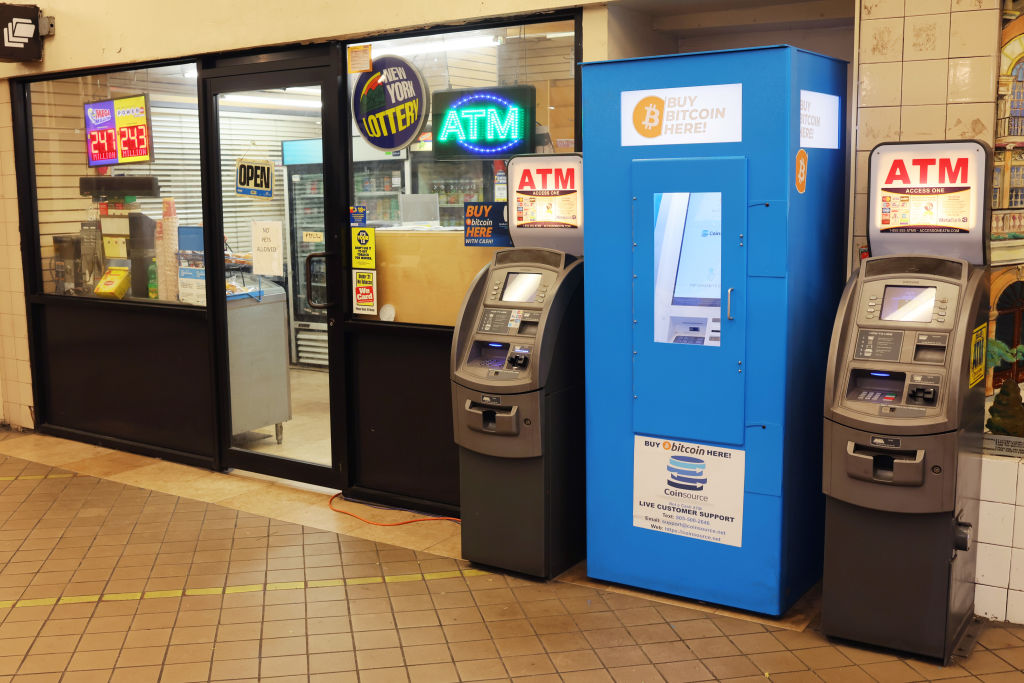
A new report from the Federal Trade Commission (FTC) shows that money lost to fraudulent bitcoin ATM scammers increased nearly tenfold between 2020 and 2023. Per the spotlight report published on Sept. 3, fraud losses have amounted to approximately $66 million in the first half of 2024. By comparison, scammers stole a total of $12 million throughout the entire year of 2020. The median amount of money lost by scam victims was approximately $10,000 in the first half of this year.
General ATM scams are very common. Earlier this year, federal authorities conducted arrests on individuals for installing skimming devices on ATMs, which illegally collect the card numbers of customers.
Read More: Why Bitcoin Just Hit Its All-Time High
In light of the FTC’s warning about the rise in bitcoin ATM scams, here’s what you need to know.
What are bitcoin ATMs?
Bitcoin ATMs are electronic, internet-connected kiosks designed to allow customers to purchase bitcoin and other cryptocurrencies in exchange for cash. Bitcoin ATMs are often located in areas with large amounts of pedestrian traffic, such as convenience stores and gas stations.
How are the bitcoin ATM scams carried out?
Bitcoin ATM scams are carried out in a variety of ways, but they often involve an unexpected phone call, message, or computer pop-up. Typically, the scammer will try to communicate through these methods and pretend to be a legitimate business, government agency, or tech support worker.
The scammer will usually lie and create some kind of time-sensitive reason as to why the victims must urgently deposit money from their bank accounts into bitcoin ATMs. Scammers usually provide victims with a QR code at the machine, which allows victims to transfer their cash directly into the scammer’s account.
Read More: Why Donald Trump Is Betting on Crypto
How does the FTC suggest consumers protect themselves?
Consumers can take a number of steps to prevent themselves from becoming victims to these scams.
The FTC encourages consumers to be suspicious of unexpected phone calls, messages, and computer pop-ups. If you are concerned about an unexpected phone call or text message, and want to check if the source is legitimate, one option is to conduct your own search about the company or agency in question, and check if the number matches the one that has tried to contact you.
Additionally, another telltale sign of a fraudulent situation is insistence on urgency. Many scammers try to rush their victims and create the illusion that time is running out. This is dangerous, since it can make you act before properly checking for red flags.
In general, you should never believe anyone who says you need to use a bitcoin ATM, buy gift cards, withdraw cash, or otherwise move money in order to fix a supposedly urgent problem. Per the FTC, legitimate businesses and government agencies will never do that.
TIME has reached out to the FTC for further comment.
